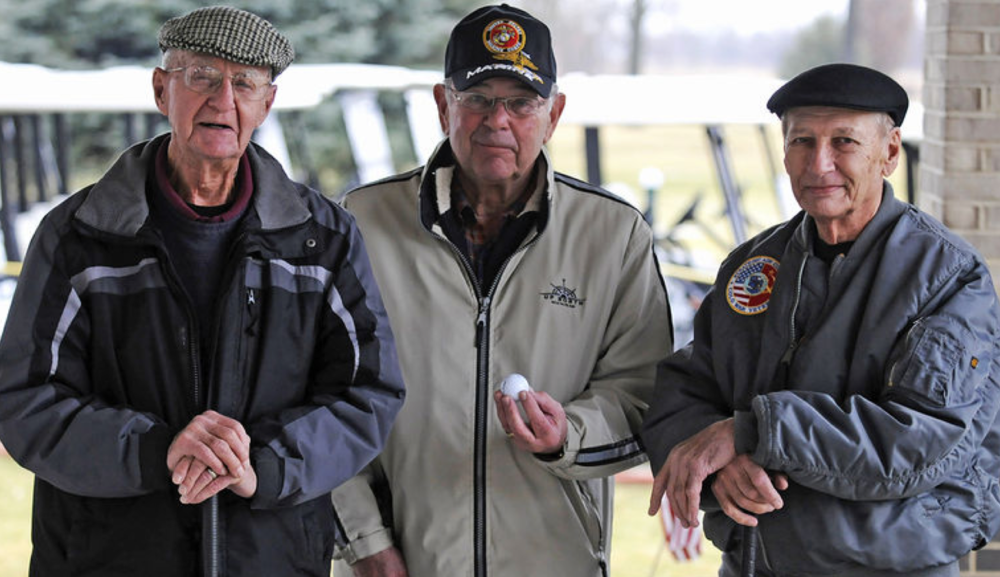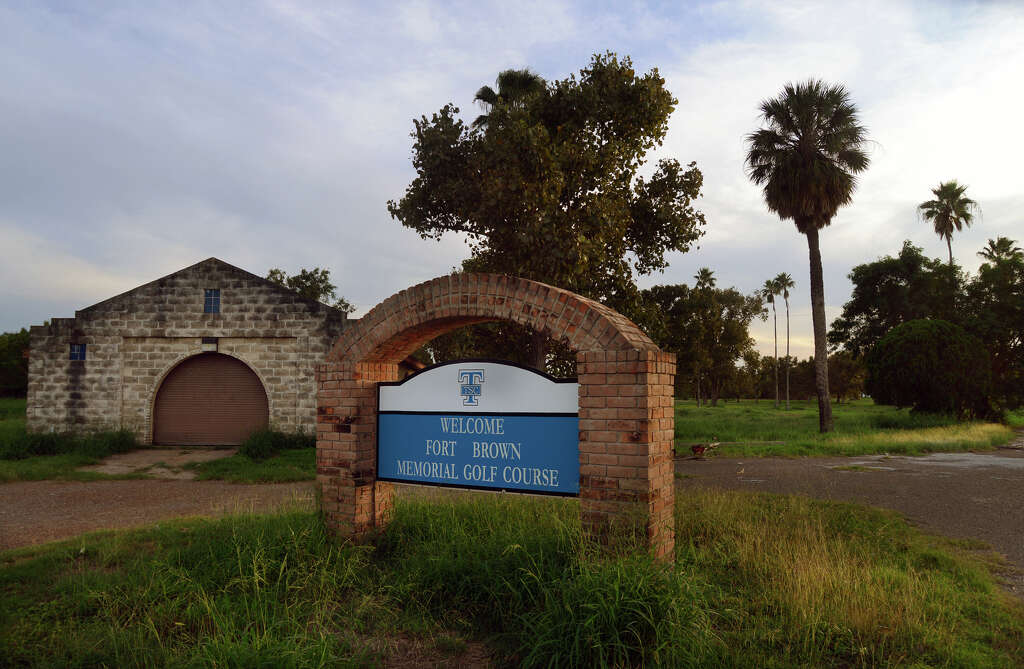Video: Skratch Goes Straight To Compton
/Stick with it, because it's a good reminder that golf can be universal in many forms, with a diverse cast of followers. Especially in Compton!
Erik Anders Lang takes us on a tour of Compton's par 3 course.
When you come to think of it that is the secret of most of the great holes all over the world. They all have some kind of a twist. C.B. MACDONALD

Stick with it, because it's a good reminder that golf can be universal in many forms, with a diverse cast of followers. Especially in Compton!
Erik Anders Lang takes us on a tour of Compton's par 3 course.
Nice spot by golf.com of this Brazilian bird called a "Siriema" bouncing a golf ball off a path. Presumably, the bird thinks these are eggs.
After the second strike-out trying to crack the egg, it is properly freaked out.
Nice spot Patrick Kiernan to find another video of that enormous Buffalo Creek Golf Course gator in Palmetto, Florida.
Make sure to watch both to see how large he is compared to the nice-sized tree, and then to enjoy when he just collapses in joy on the grass for a Vitamin D and relaxation.
My favorite line overheard from our gator chasers, "Get next to it for perspective." Right!
From Sarasota's ABC affiliate:
Just a shame God's tortured creature here didn't land a nice, bruising, bleeding bite...
A video posted by Golf Gods (@golf_gods) on May 7, 2016 at 2:13pm PDT
Thanks to Tom Kirkendall for the sobering and shocking drone footage shot above Houston's Raveneaux Golf Club following April 18th's 17-inches of rain event.
The course sits on the other side of the Cypress Creek from Champions Golf Club. I think I speak for all of you that our thoughts are with all of the people and critters trying to manage this awful situation. Seven have died, billions done in damage and more rain is expected.
The flyover:
The pitch was promising, the execution solid though I'm not sure I really sensed how golf saved the life of Patrick Q.F. Barr in this 30 for 30 Short.
In the first of several shorts to be released by ESPN in the next few weeks, director Christopher Andre’ Marks tells the story of “Tiger Hood” and a Barr finding new purpose in life through his makeshift Manhattan golf. He hearkens a bit to old featherie makers, only his medium: old milk cartons.
There are worse ways to lose 7 minutes of your life you'll never get back...though I'd say Gene Wojciechowski's report from Korea on Sang Moon Bae is a better watch.
Remember, there are beginners who would gladly put these to use!
I grant you that the satisfaction level must have been high in sending these clubs to their grave. Or until the staff of Papago recovered them.
From the CartBarnGuys:
A photo posted by The Cartbarnguys™ (@cartbarnguys) on Feb 25, 2016 at 5:33pm PST
The Daily Journal's Dennis Yohnka reports that Joe McCourt and Don Sawyer made back to back aces in front of a third witness.
 The freak occurrence came at Illinois' Manteno Golf Club in front of Lee Hahn. They were playing the 135-yard 5th.
The freak occurrence came at Illinois' Manteno Golf Club in front of Lee Hahn. They were playing the 135-yard 5th.
"Joe hit first and it looked like it went screaming over the green, but we couldn't see it too good. Don hit next and it looked like he went past the green, too. Then, I shot and I was feeling pretty good: My shot landed about 10 feet from the cup," Hahn said.
McCourt and Sawyer were in the same cart and they headed straight for the area behind the green, looking for what they assumed were less-than-ideal tee shots. McCourt had used a seven wood, but didn't get much loft. Sawyer used a three iron.
"I couldn't find anything back there, so I was walking back toward the hole and looked in," McCourt said. "I saw the two balls in there. The logos on the balls were facing straight up. I knew they were ours. But I didn't take them out. I wanted the other guys to see them."
Tim Rosaforte reviews the life of Eagles co-founder Glenn Frey, who passed away last week after a long bout with various cruel diseases. Frey was very active in the west coast swing pro-ams and at several west coast clubs, including Bel-Air and The Madison Club.
Frey was very active in the west coast swing pro-ams and at several west coast clubs, including Bel-Air and The Madison Club.
Rosaforte writes:
Brad Faxon and Billy Andrade befriended Frey by playing in the singer’s pro-am in Aspen, Colo. As a return favor, Frey provided entertainment at their charity event every summer in Rhode Island. “Glenn would always say, ‘Ever see me at the piano, I’ve had too much to drink,’ ” Faxon said. “Inevitably he’d be at the piano singing with Joe Pesci.”
Above the desk in Faxon’s office is a photograph of Frey as his caddie in overalls at the Masters Par-3 Contest. Faxon remembers asking Frey why he didn’t start playing golf until the 1990s. “I had to wait,” Frey joked, “until the clothes got better.”
Rosaforte also reminds us that in 2002's Pebble Beach National Pro-Am, Frey "made enough net birdies to win the inaugural Jack Lemmon Award, given to the amateur that helped his pro the most, aiding Stadler 31 shots over 72 holes."
On the charitable side, Dale Strode writes about Frey's fondness for Aspen Junior Golf and his willingness to call in a favor with Tiger Woods.
At the height of his golfing glory, Tiger Woods made a pair of visits to Aspen to fulfill a promise he had made to Glenn Frey.
“Tiger was in his prime then. That was a major coup,” Rohrbaugh said. “Everyone wanted a piece of him. But for us, it was huge.”
Woods’ presence alone raised $400,000 in two years for the charities as benefactors bid to play a round with Tiger Woods in Aspen.
Thanks to reader Daniel for this sadder-than-normal golf course closure story from Brownsville, Texas, where the historic Fort Brown Memorial has been closed in what its owner Robert Lucio says is a product of the border debate, drug cartel battles in Mexico and a temporary fence installed across the Rio Grande Valley. Aaron Nelsen reports.
Aaron Nelsen reports.
Yet the demise of Lucio’s business is seen by observers as a poignant reminder of the enduring effect the fence has had on border communities, especially as leading Republican presidential hopeful Donald Trump has rekindled the contentious debate with his proposal to continue building a wall along the 2,000-mile border with Mexico.
“I think it’s really unfortunate that the community’s recreational spaces were sacrificed for a symbolic effort to look tough on immigration,” said Denise Gilman, a professor at the University of Texas School of Law and a member of the UT Working Group on Human Rights and the Border Wall. “It takes its toll on people’s psyche.”
Laid on the ruins of Fort Brown, the 6,000-yard, 165-acre course debuted in the 1950s as a reasonably priced alternative to the Brownsville country club. It quickly became the training ground for generations of Brownsville golfers, including Lucio, and home to the Pan American Golf Association, which promoted the sport in the impoverished and predominantly Hispanic community.
Geoff Shackelford is a Senior Writer for Golfweek magazine, a weekly contributor to Golf Channel's Morning


Copyright © 2022, Geoff Shackelford. All rights reserved.